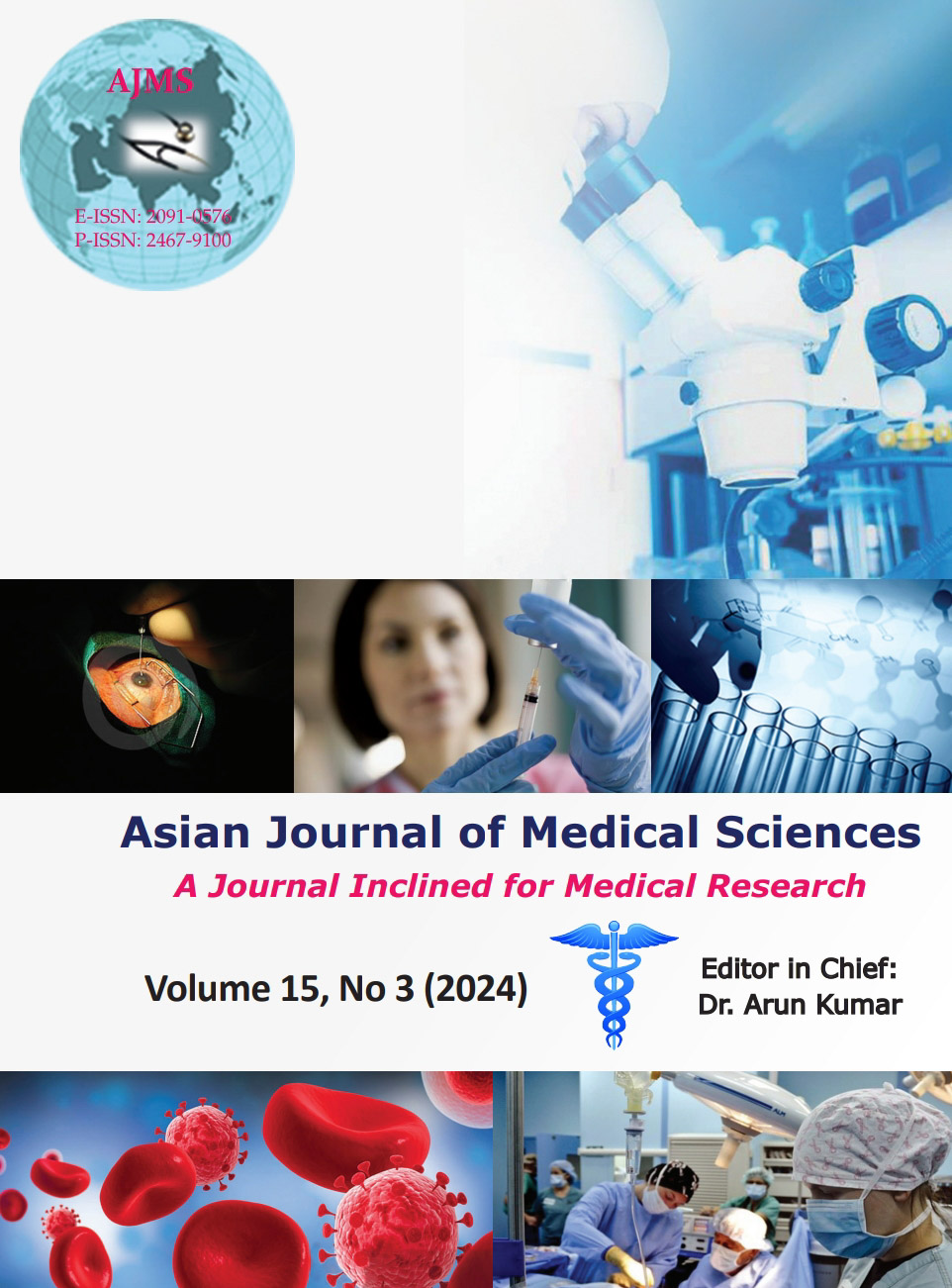Capnography-assisted airway management by awake blind nasal intubation in maxillofacial surgeries: An observational study
Keywords:
Maxillofacial surgeries; Nasal intubation; Capnography; EpistaxisAbstract
Background: Maxillofacial surgery patients frequently pose challenges to airway management due to anatomical and functional constraints. While fiber-optic-aided nasotracheal intubation is considered the gold standard, not all medical facilities have access to fiber-optic bronchoscopes, particularly in low-resource settings. In such situations, awake nasal tracheal intubation is often the safest approach for managing patients with known or suspected difficult airways.
Aims and Objectives: (1) To assess the technique of capnography-assisted airway management by awake blind nasal intubation (ABNI) in maxillofacial surgeries. (2) To find out any complications encountered by the technique of capnography-assisted airway management by ABNI in maxillofacial surgeries.
Materials and Methods: 40 patients undergoing various maxillofacial surgeries and in whom blind nasotracheal intubation was attempted were included in this study. The institutional ethical committee approved the study, and informed consent was obtained from all the patients. The number of attempts for ABNI, successful versus failed ABNI, and complications encountered were studied. SSPS 21.0 software was used for statistical analysis.
Results: There were 23 (57.50%) males and 17 (42.50%) females. There was a male preponderance, with the M: F ratio being 1:0.73. The mean age of the patients was 40.97±8.92 years. In 36 (90%) of the patients, the intubation could be successfully done. In 19 (47.50%) patients, blind nasal intubation was successfully done in the first attempt; 2 attempts were required in 15 (37.50%) patients, and 3 attempts were required in 2 (5%) patients. Epistaxis (10%) and sore throats (7.5%) were the most common complications in the studied cases.
Conclusion: Capnography-assisted ABNI is an effective technique for airway control in patients undergoing maxillofacial surgeries with an acceptable complication rate.
Downloads
Downloads
Published
How to Cite
Issue
Section
License
Copyright (c) 2024 Asian Journal of Medical Sciences

This work is licensed under a Creative Commons Attribution-NonCommercial 4.0 International License.
Authors who publish with this journal agree to the following terms:
- The journal holds copyright and publishes the work under a Creative Commons CC-BY-NC license that permits use, distribution and reprduction in any medium, provided the original work is properly cited and is not used for commercial purposes. The journal should be recognised as the original publisher of this work.
- Authors are able to enter into separate, additional contractual arrangements for the non-exclusive distribution of the journal's published version of the work (e.g., post it to an institutional repository or publish it in a book), with an acknowledgement of its initial publication in this journal.
- Authors are permitted and encouraged to post their work online (e.g., in institutional repositories or on their website) prior to and during the submission process, as it can lead to productive exchanges, as well as earlier and greater citation of published work (See The Effect of Open Access).




